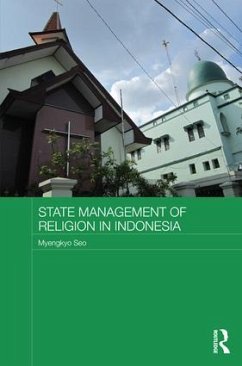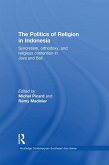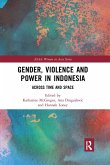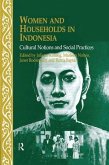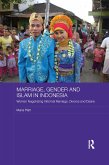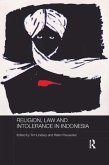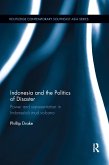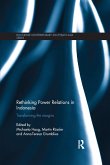Although Indonesia is generally considered to be a Muslim state, and is indeed the world's most populous Muslim-majority nation, it has a sizeable Christian minority as a legacy of Dutch colonialism, with Christians often occupying relatively high social positions. This book examines the management of religion in Indonesia. It discusses how Christianity has developed in Indonesia, how the state, though Muslim in outlook and culture, is nevertheless formally secular, and how the principal Christian church, the Java Christian Church, has adapted its practices to fit local circumstances. It examines religious violence and charts the evolution of the state's religious policies, analysing in particular the impact of the 1974 Marriage Law showing how it enabled extensive state regulation, but how in practice, rather than reinforcing religious divisions, inter-religious marriage, involving the conversion of one party, is widespread. Overall, the book shows how Indonesia is developing its own brand of secularism, neither a full-blooded Islamic state like Saudi Arabia, nor an outright secular state like Turkey.
Hinweis: Dieser Artikel kann nur an eine deutsche Lieferadresse ausgeliefert werden.
Hinweis: Dieser Artikel kann nur an eine deutsche Lieferadresse ausgeliefert werden.

